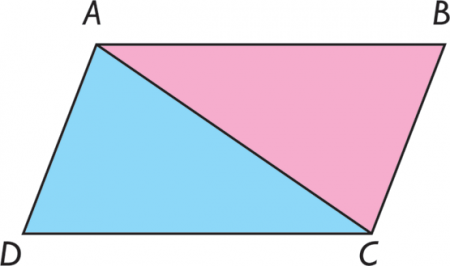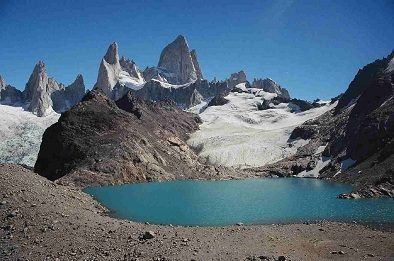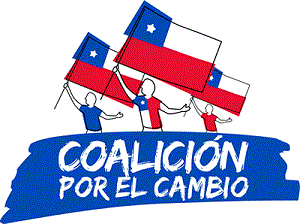 Expropriation consists of the appropriation of a thing that is owned by a person but for reasons of public utility it is needed, and in return an indemnity will be given to its owner, as compensation.
Expropriation consists of the appropriation of a thing that is owned by a person but for reasons of public utility it is needed, and in return an indemnity will be given to its owner, as compensation.
Act by which the state, for reasons of public necessity, appropriates a real estate from another which must be financially compensated for the loss
It is a unilateral action of the state in full exercise of its power and sovereignty, which must always be supported by an end that justifies it, and must also comply with economic compensation to the one from whom the property is expropriated.
Any material good, with the exception of money, can be plausible for expropriation, anyway, we must say that it normally applies to real estate.
A law that authorizes this need
For this matter is that in those countries that support a democratic and liberal system it is necessary that there be a law, a regulation sanctioned by the legislative power that authorizes the expropriation of the property in question and that the objective is based on the public and common interest of said society, such is the case of, for example, building a highway, a hospital, a street, a school, or any other civil work.
For the capitalist and liberal systems, private property is inviolable and thus it is that the sanction of a regulation that authorizes to do so, and of absolute guarantee that the causes are corresponding, is fundamental.
Precisely, the construction of highways or others, as we have mentioned, have demanded the expropriation of land or buildings that had a private owner.
Now, as we said, an expropriation law is essential that unequivocally determines the assets to be expropriated, and the cause of public utility that encourages said action is clearly specified.
The law recognizes this state of affairs, always providing for the payment of compensation to the owner of the expropriated thing.
In the event that this does not happen, of course, a judicial measure may be filed to stop the expropriation until and as soon as the corresponding compensation is paid.
So we call expropriation to any act that involves the withdrawal of the concession to a private company for the use or utilization of a particular resource or economic activity.
This expropriation also supposes that this activity or resource passes from the moment into the hands of the State, then responsible for making decisions about its use according to its interests or needs.
A figure that sparks controversy
The figure of expropriation is a conflictive and controversial figure in the law since it faces two very opposite positions that have to do with concepts such as freedom and self-determination, among others.
This is so because for some liberal and privatizing theories, the moment a contract is established between a private party and the State for the use or usufruct of a resource or activity, it must be respected until the end and the company must , in turn, have the freedom to make their own decisions about what to do with that resource, about the capital invested or obtained, etc.
However, there is also the statizing position according to which the national State is superior to any company or multinational that has functions in its territory and, as the right to self-determination of the peoples is superior to that of economic freedom, the people (represented by the State) can make the decision on whether to shorten or definitively terminate that contract.
Thus, every time there is an expropriation this type of conflict and debate arise due to the difference in positions.
It is not easy to define which of the two is correct according to what type of law or regulations are used, although the notion that the State is responsible for making all kinds of decisions in the regions and territories that fall under its jurisdiction tends to prevail. jurisdiction.
At present, expropriations are very common phenomena in formerly exploited countries from which an important volume of natural and proprietary resources was taken away and stolen.
Today this looting is stopped with expropriations that make very profitable activities (such as oil extraction) pass into the hands of the State and multinational capitalist companies or trusts lose power over them.
This supposes at the same time, an act of sovereignty on the part of the State against the advance of international capitalist policies.
The expropriated thing is also called expropriation.









